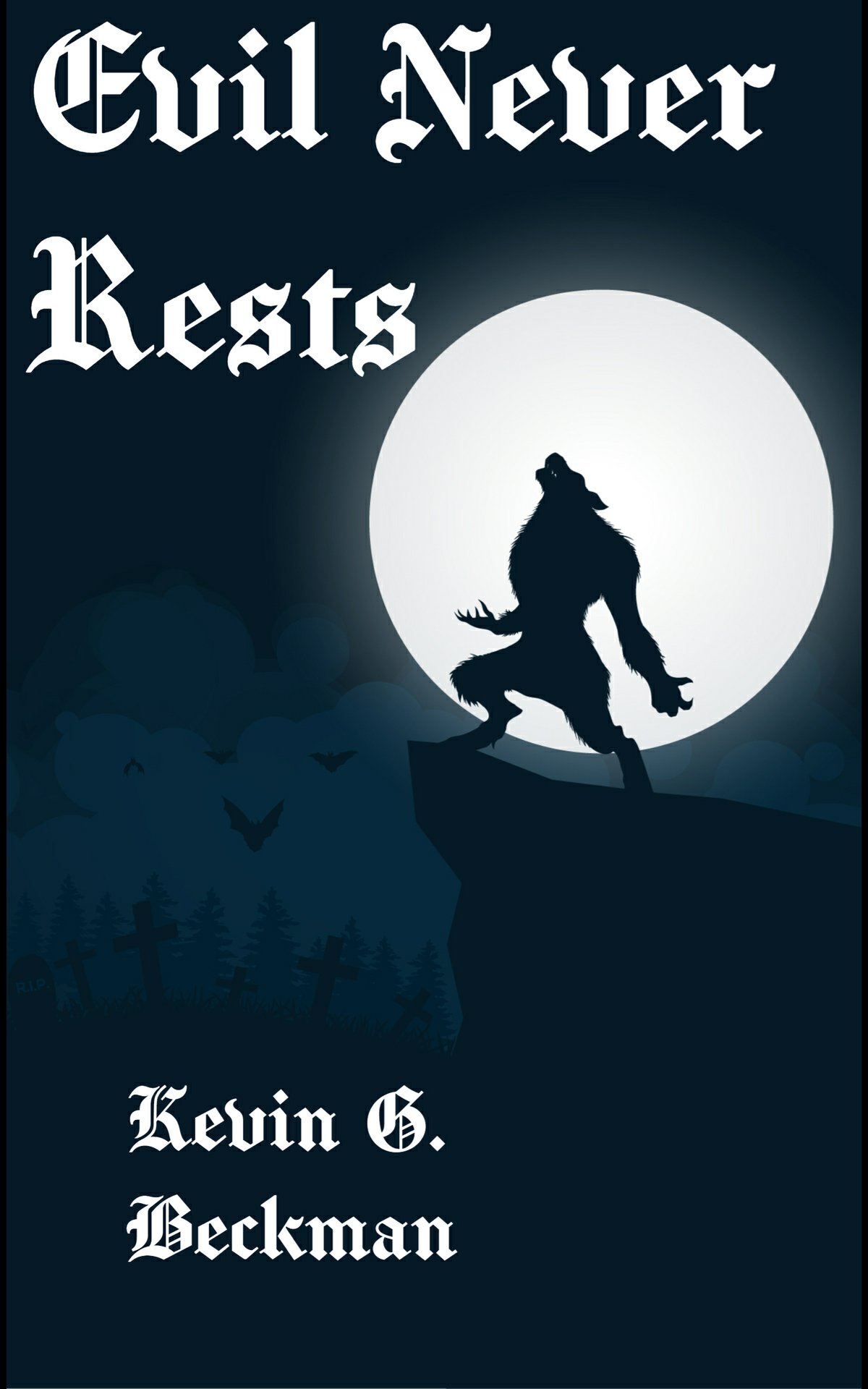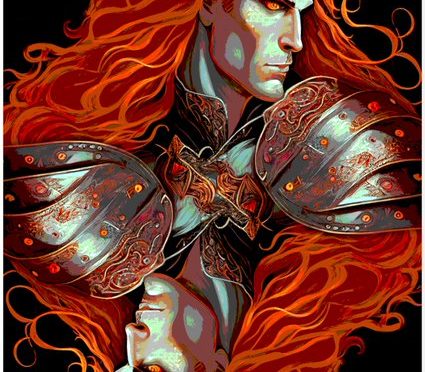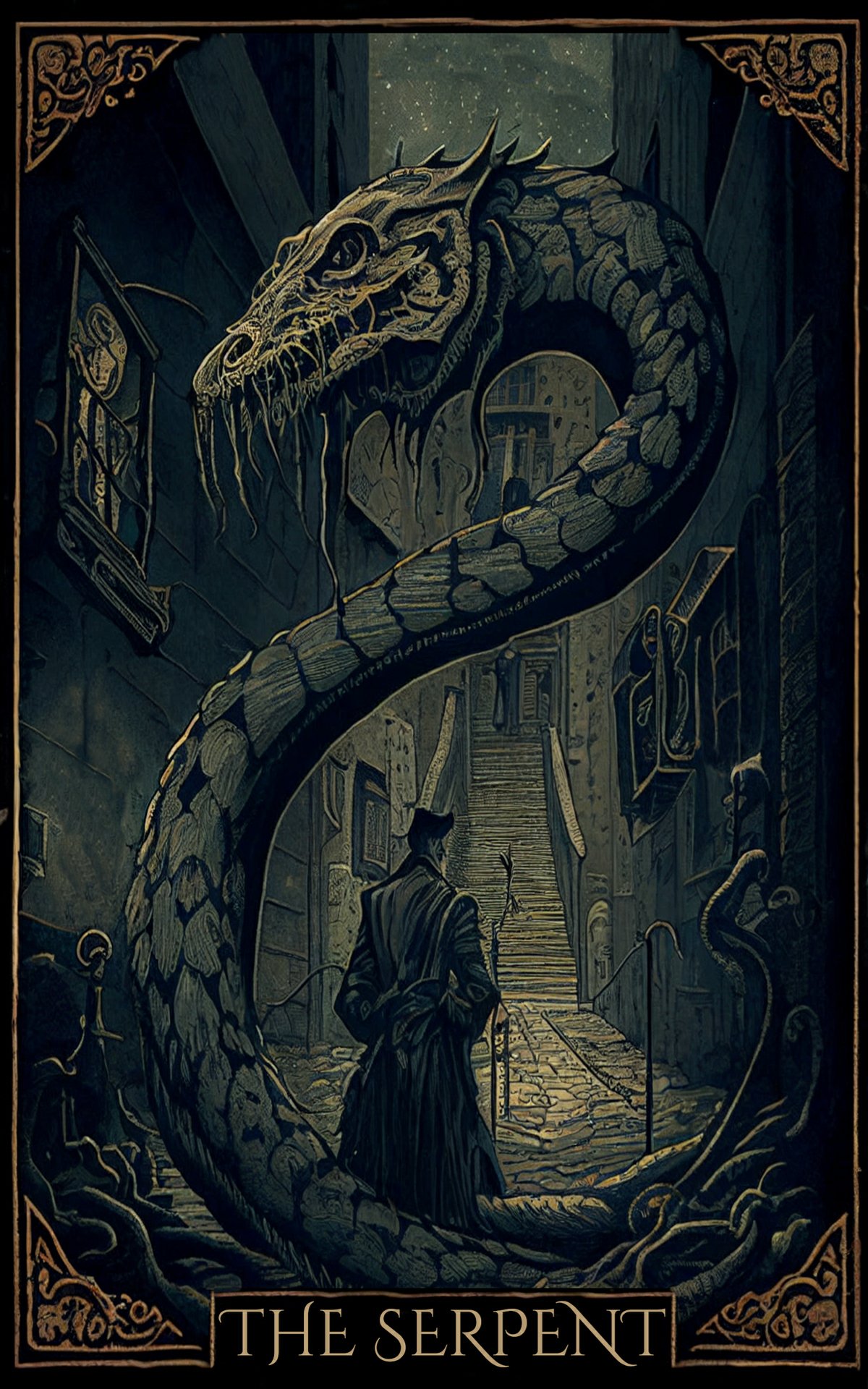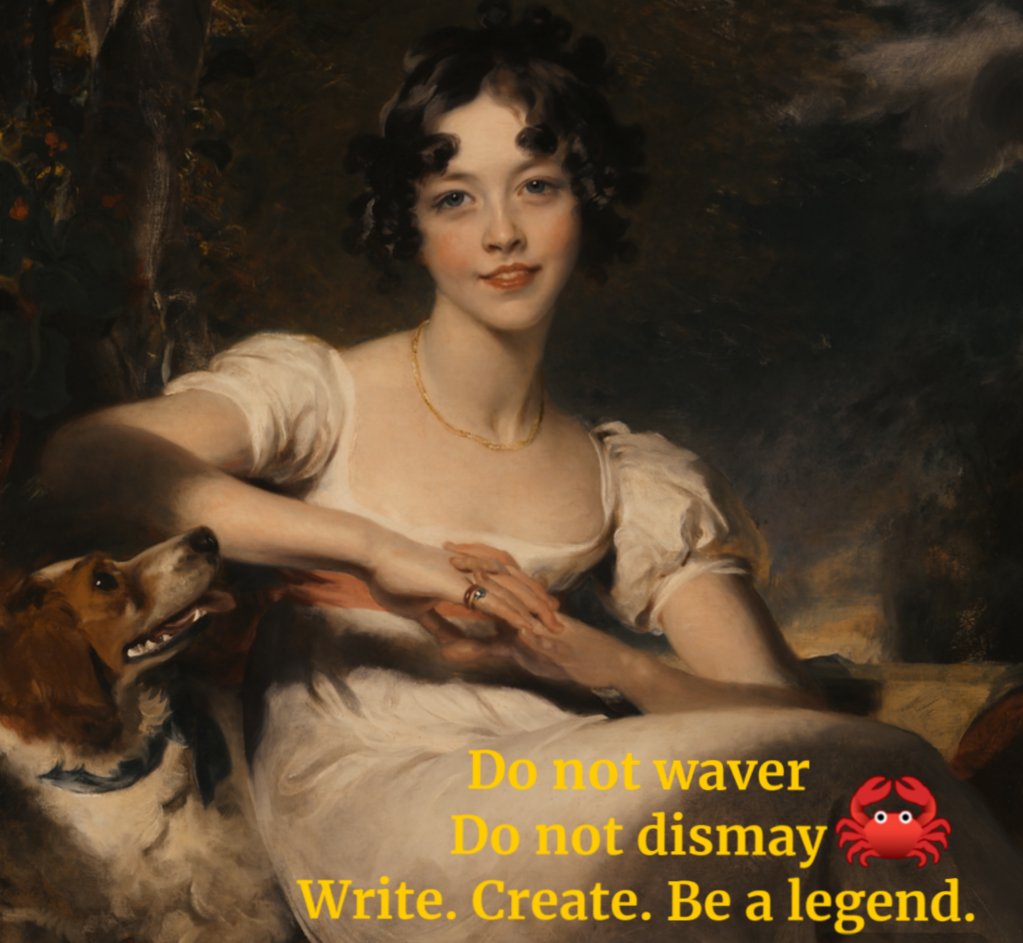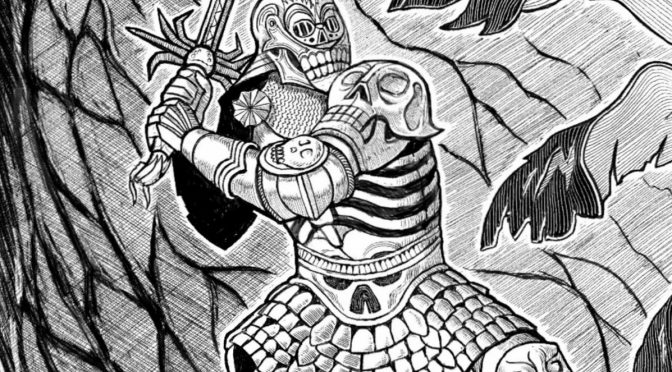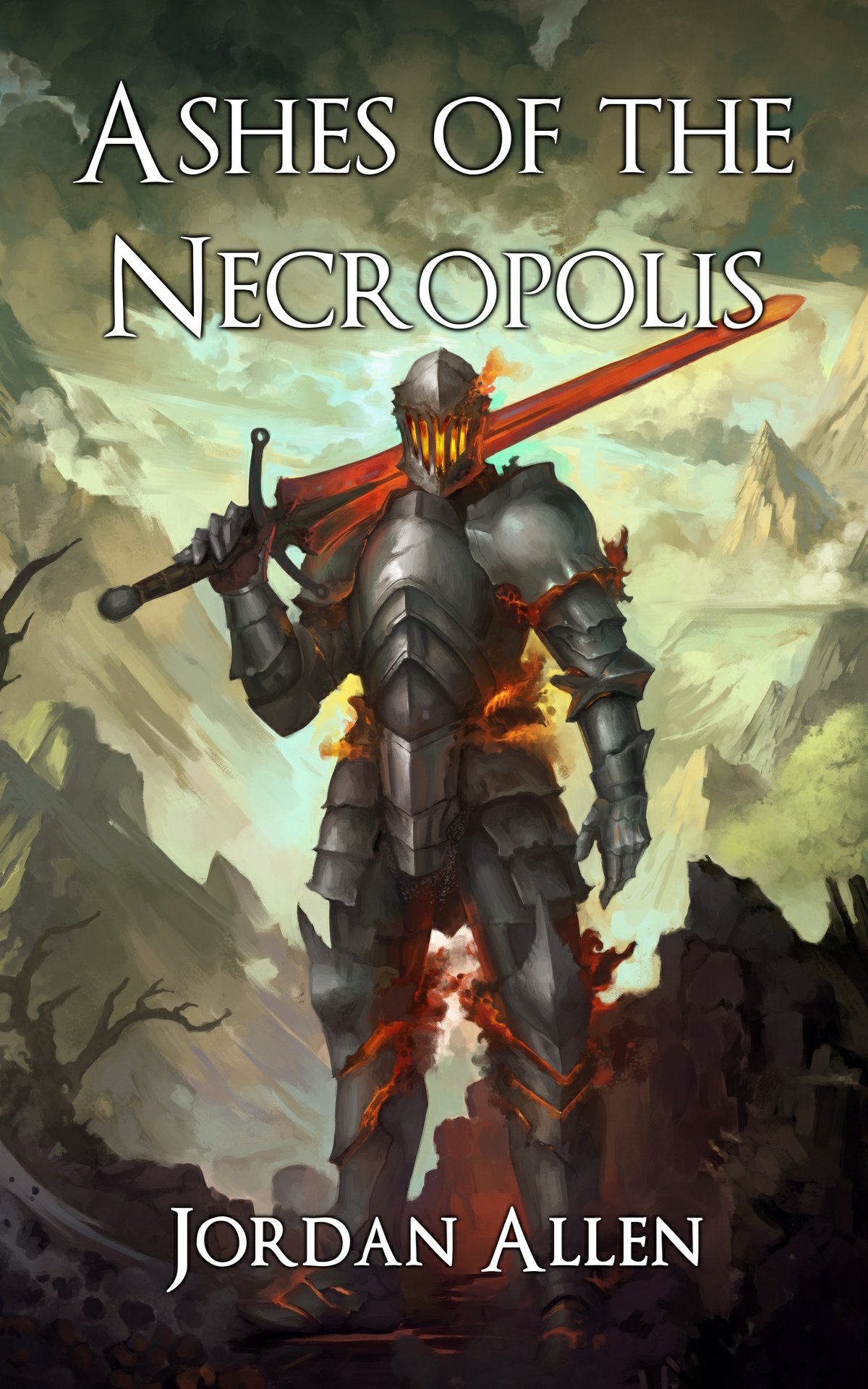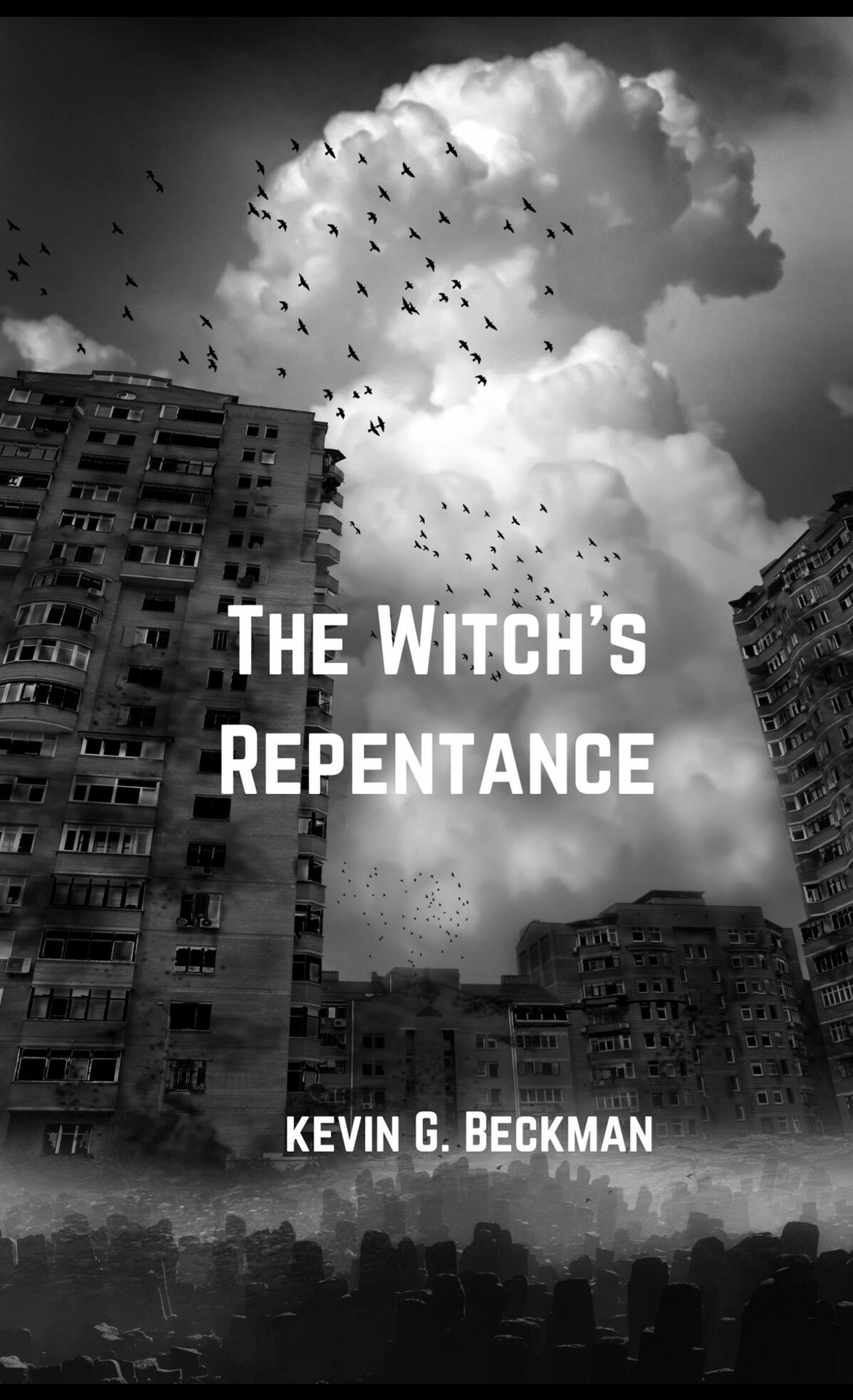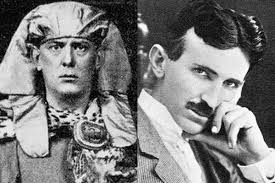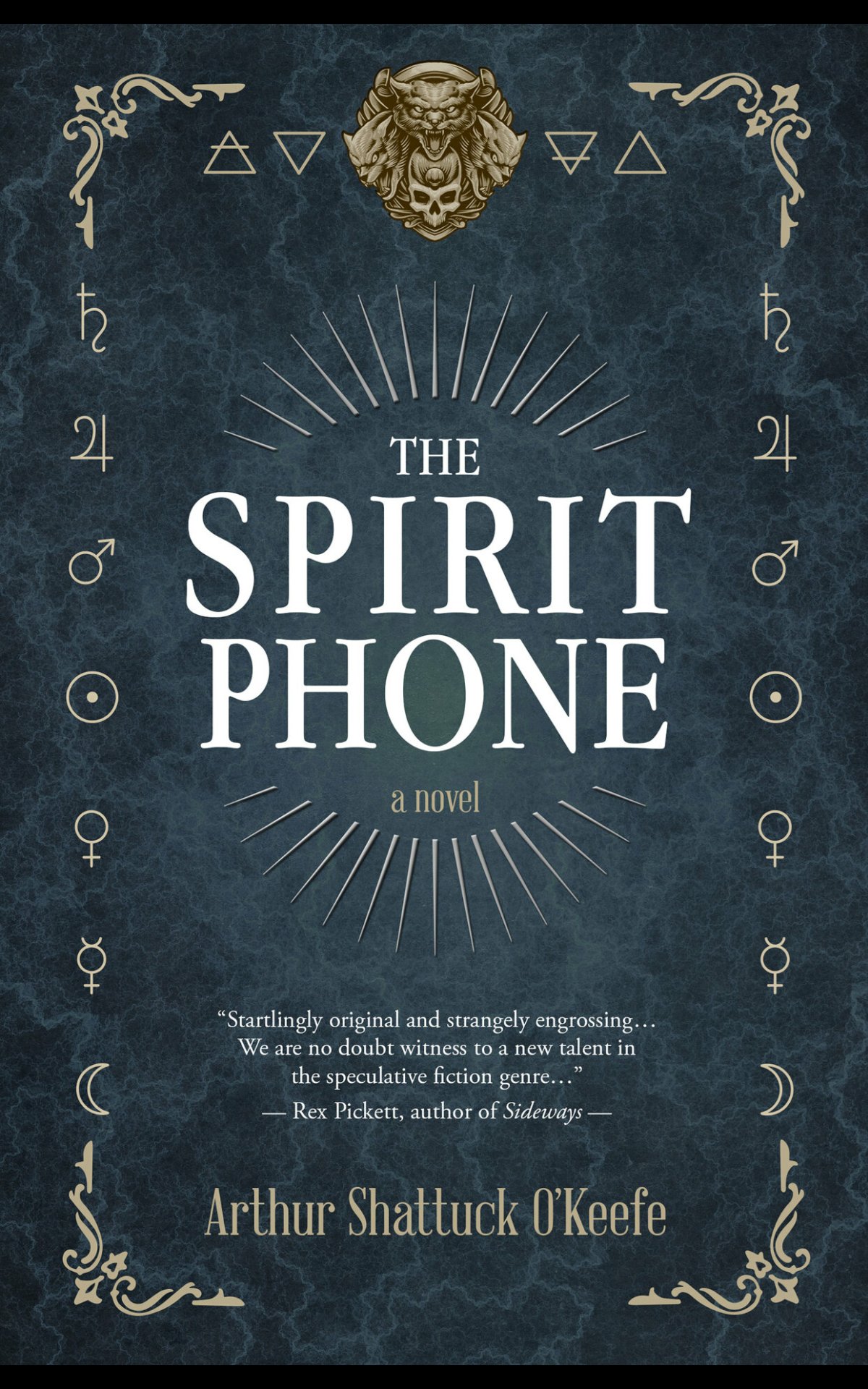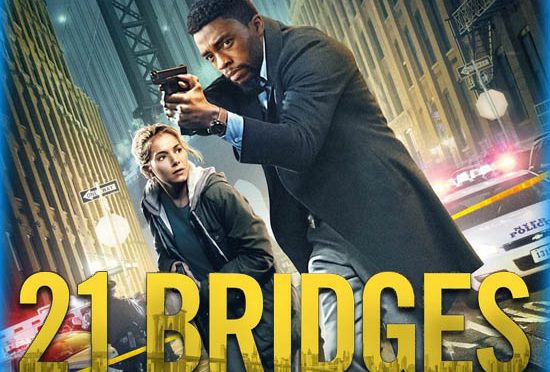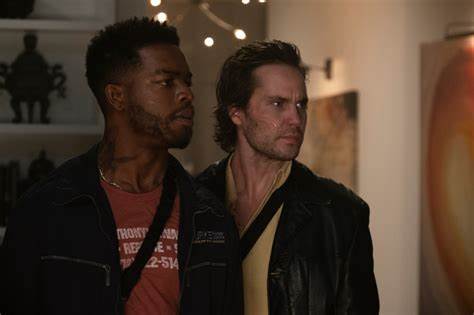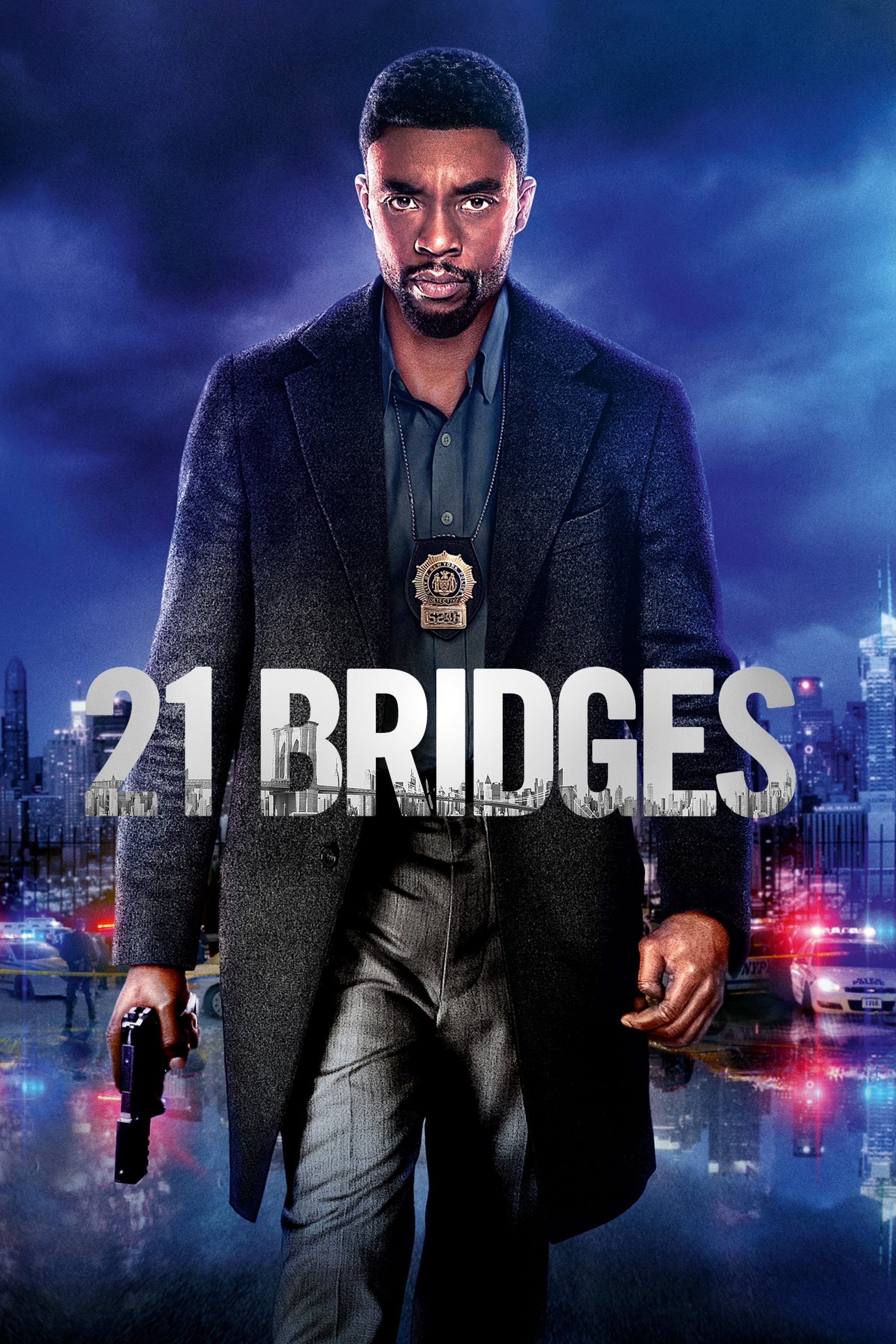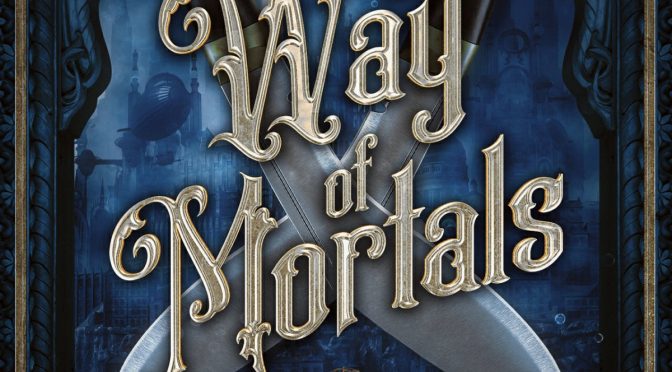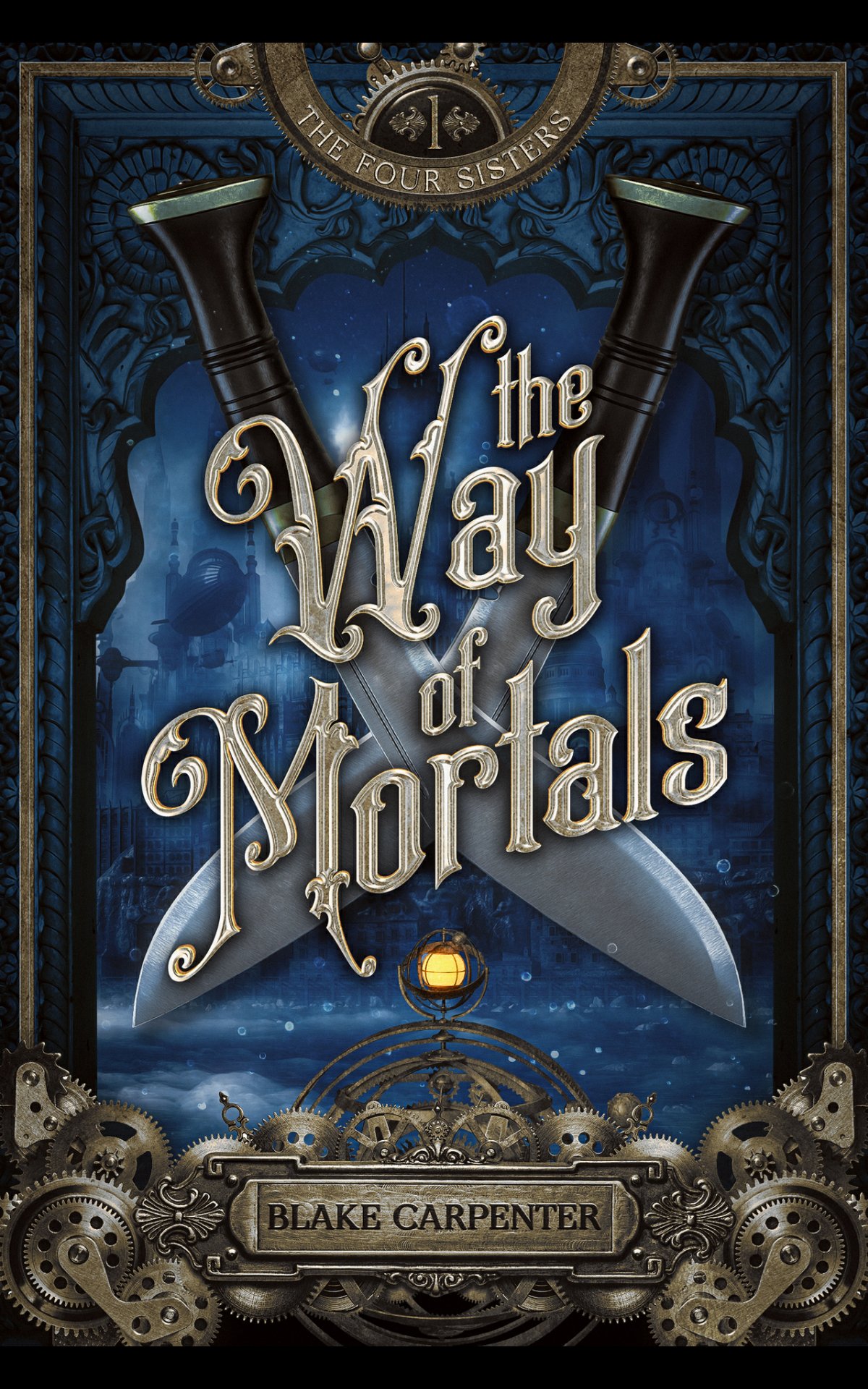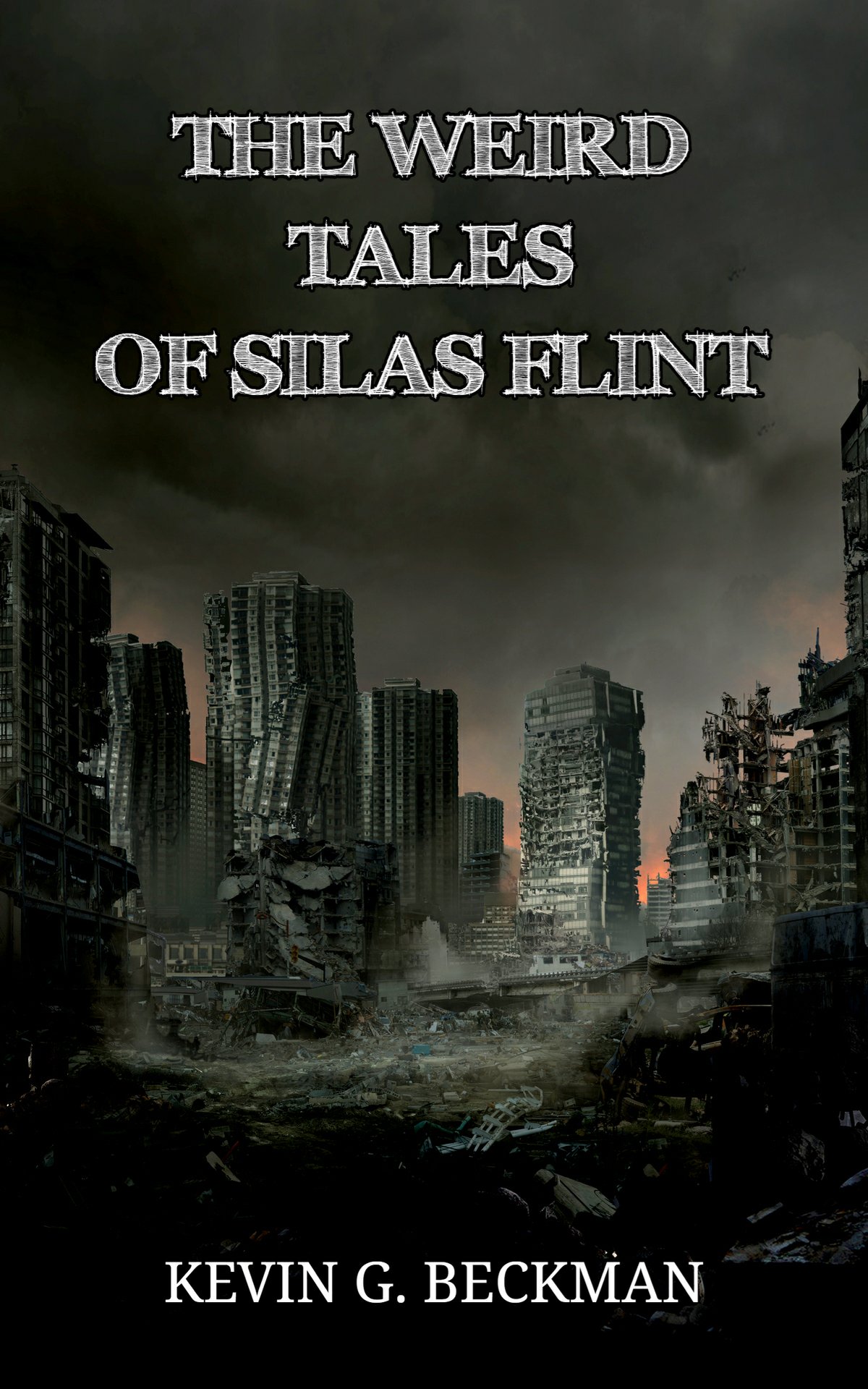(A Review)
Recycled is one of the books I picked up recently on a cyber-shopping trip. It was a lightning-quick read, in a series of 23 books.
What It’s About:
Our hero is out on a midnight walk when the lights start going out. He winds up seeking shelter at an abandoned building.
Not an overly ambitious plot, but according to the metadata and a few clues sprinkled into the narrative, this is the beginning of a SHTF survival adventure. I happen to enjoy that genre–especially when the story is told well and protagonist isn’t stupid.
I’ll start with a mild spoiler: 90% of this book is the protagonist exploring a closed down recycling plant, solving puzzles to find a room and the tools he’ll need to keep warm while he sacks out for a few hours.
Reading the book is a lot like watching somebody play a videogame–which I guess is a thing, now, on Youtube. Fallout 1 meets Leisure Suit Larry, but without the hook-up options.
Author’s Execution:
This book read like a rough draft that suffers from no proofreading. There were a lot of typos, distracting shifts from present-to-past tense, and plot points that weren’t thought out very well.
Main Plot Contrivance:
I never understood why the protagonist didn’t just go home, being only a few blocks away. Yes, the night gets dark as the lights go out, but his eyes adjusted to the dark, we are told–and he has a flashlight. There is mention of homeless encampments and a spree of home invasions. Such would make me even more determined to make it home. In fact, if the danger was too extreme to walk home from the convenience store (being visible to potential threats either because of street lights, or my own flashlight), then I wouldn’t have left home in the first place.
The Magic Cat:
Power is out, but there are keyless entries throughout the building which don’t require electricity to trigger–including at least one outer door. Using his smartphone just before the cell towers go down, our hero finds a BBS or web chat forum used by the employees with a clue that “the groundskeeper” can let you in if you’ve forgotten your key card, or the code to the keyless entry.
The MC doesn’t have to wait for the groundskeeper. The groundskeeper, evidently, is a housecat, with the access code for the door printed on its collar.
After MC and the cat enter the building, the cat is able to access certain rooms via “pressure pads.” It also is fairly clumsy, knocking stuff over with loud crashing noises a few times, to cause suspense I imagine.
Toward the end of the book, when the MC finally runs into some antagonists, the magic cat defends him, dispatching one of the assailants.
Right.
So, this would be unusual heroism for an animal he just met that night–even a very perceptive dog. But a cat? Even a cat who loved you would simply stand by and watch while you got beaten to death–or, at best, run and hide. Exactly how the cat puts the attacker out of commission is not explained. Nor could it be. This creature is referred to as a “monster cat” a few times. It’s evidently an exceptionally large cat. Even so, let’s pretend its feline brain has been replaced with that of a loyal terrier. It can break the skin and cause pain to a human with bad intentions, but to take that human out of the fight, it would need to be a cougar, or at least a bobcat.
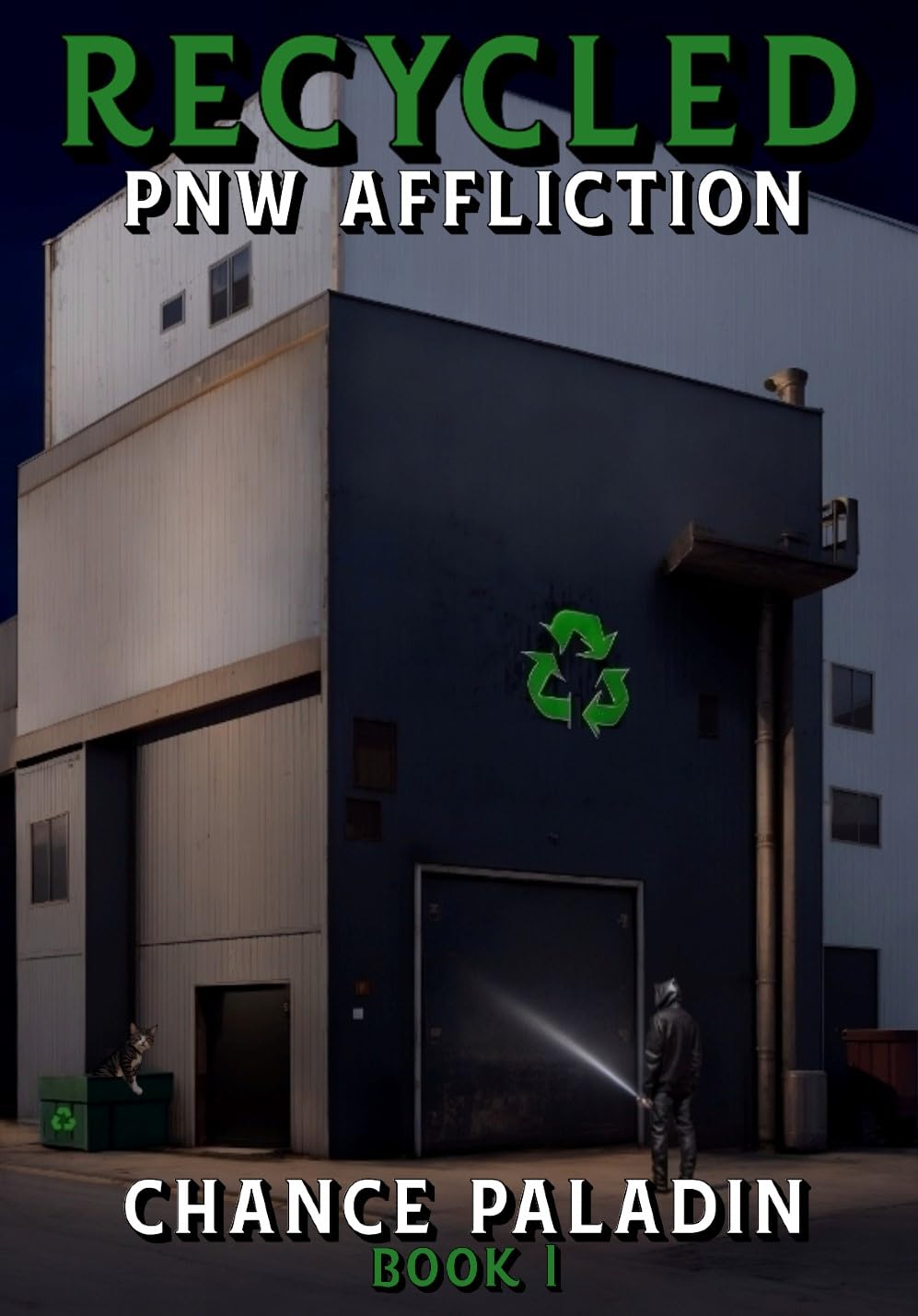
The Climax:
After dawn, there is an attack on the building by an organized mob. There’s a city-wide power outage, presumably the beginning of a SHTF scenario, and police are a non-factor for whatever reason. Within a few hours, a bunch of scumbags (leaderless, we are told) find each other and organize into an assault team…and they choose as a target an abandoned recycling center?
Not a gas station (they have a vehicle). Not a clothing, sneaker, or jewelry store (which rioters loot in real life). They don’t attack some statue or monument they identify as a symbol of “fascism” or “white supremacy” (as rioters do in real life). Not a grocery store. A closed down, locked up recycling center.
The MC is hit by a truck, helps the cat fight off the bad guys until the cavalry (former employees of the recycling plant?) rides to the rescue, and then passes out from the blunt force trauma of the truck hitting him.
Reviewer’s Take:
Despite all the above, I read to the finish. I didn’t know much about the MC other than he’s survival-savvy and loves cats, but I wanted him to find a place where he could keep warm and get some sleep.
Will I read more from the series? Well, I’ve already bought Book 6–the other one that was 99 cents. So I imagine I will.
My best guess about this is that Mr. Paladin is pumping these short books out as fast as he can without much quality control because he is convinced quantity is more important. In today’s series-dominated fiction market, maybe he’s right.
This is the kind of story you might write for the amusement of friends or family. It is not the sort of work I would consider ready to sell for a profit to complete strangers. Yet, evidently, the latter is the case.
It suffers many of the problems that are stereotypical of indie fiction. This one would be easier to polish than most, but it already has 21 ratings on Amazon (most of which are favorable), so I suspect the incentive is not there for the author to fix it.
How a book with these problems gets such a favorable average truly is strange, when solid work without these problems are awarded far less flattering “social proof.” But I’ll spare you my speculation about that.
![]()
